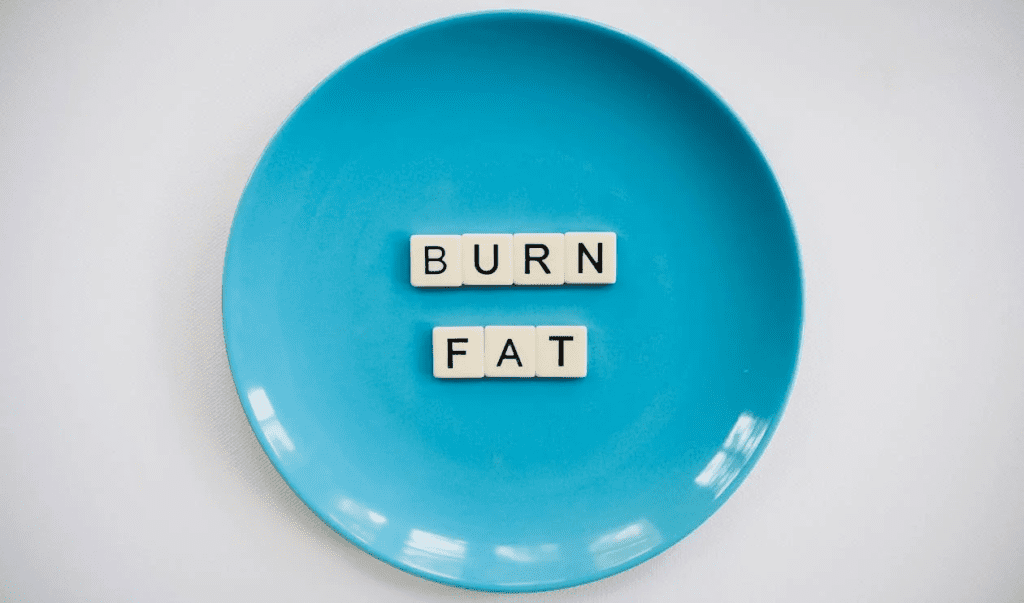
Nowadays you can see numerous diets and weight reduction plans that guarantee weight loss in a week or two promoted in TV advertising, newspapers, and social media. However, the reality is that achieving a healthy, sustainable weight loss is a lifestyle choice rather than a short-term goal. To gain the ideal weight, it entails exercising and maintaining a nutritious diet. Additionally, weight in your body includes the weight of your muscles, bones, organs, and water. Thus, when someone talks about losing weight, they want to reduce body fat. Experts recommend a few lifestyle behaviors for effective long-term weight loss. The five weight loss strategies recommended by dietitians are as follows.

1. Increase your Protein Intake
You can start your mornings with a good protein smoothie with fruits and oats. It will keep you full for longer. Always include protein in your lunch and dinner, like meat, tofu, beans, lentils, etc. It will reduce your intake of carbohydrates and fats, keeping your hunger hormones in check. Research shows that adding protein reduces hunger, which is the main reason protein helps with weight loss. A high-protein diet can also help with lower belly fat and visceral fat. Dietitian recommend regular and consistent protein intake to speed up the body’s fat-burning process.

2. Get more fiber
Fiber helps with a healthy gut and improves the digestive system. It can help you lose fat by keeping your stomach full for longer, especially viscous fiber, gel-like substances in the gut. When you feel less hungry, you are less likely to overeat. As per a study, people who took at least 30 grams of fiber every day lost a significant amount of fat without any dietary changes. You can find fiber in all fruits and vegetables. Women under forty must consume 25 grams of fiber daily, whereas men must aim for 38 grams, recommended by most dietitians. So, grab a plate of baked sweet potato chips instead of potato chips next time.
3. Eat Quality carbohydrates
You might have heard about avoiding carbs to lose weight, and it’s been talked about so much as if carb is something terrible for the body and should be avoided to lose weight. The truth is, almost every food has carbs in it. It is what kind of carbs you eat and what portion size it is. The portion size of the carb varies from individual to individual. An individual’s carb intake depends on age, gender, body composition, and activity levels. It would be best to have unprocessed carbohydrates like whole grains, lentils, pulses, and vegetables since they take time to digest.

Unprocessed carbohydrates are rich in fiber and have a lower glycaemic index. Avoid or reduce the intake of processed carbs like bread, pasta, cakes, and pizzas. Along with these diet changes, do some moderate-intensity activities like cycling, running, and strength training for better muscle mass. Reducing the intake of carbs will alleviate your hunger and reduce the risk of type 2 diabetes.
4. Practice Mindful Eating
Mindful eating is a technique practiced for a long time by our ancestors. These days, we eat in front of the television or phones, binging on our favorite shows. What happens is we end up eating more than required. Mindful eating is about being mentally and physically present, experiencing cravings and hunger cues. It’s about understanding your hunger triggers and not letting anxiety lead to overeating. Mindful eating is also about appreciating and showing gratitude toward your food. Practicing mindfulness eating is a lifestyle change; its reward is weight loss in the long run.
5. Sleep

The natural and fundamental phenomenon of our body taking rest and recovering is ignored by many in chasing their dreams. 7-8 hours of sleep can do wonders for your body, just like your diet and exercise. As per a study, having less than 7 hours of sleep falls under the category of short sleep—the amount of sleep changes with age. A short night’s sleep will affect your overall energy levels and hunger for the following day. Sleep is as crucial as your workout and diet. Thus, sleep helps with weight loss. Good sleep helps you recover your muscles, cells, and tissues. You can improve your sleep patterns by following a relaxing ritual before your bedtime, switching off all devices at least an hour before bed can help with a night of peaceful sleep. You can also have a relaxing bubble bath, read a book or listen to soothing music to put your mind at ease. Having good quality sleep will ensure consistent weight loss.
Conclusion:
These are the five weight loss recommendations from dietitians. Being consistent with the weight reduction advice is the hardest step of all the suggestions above. You should be the one driving yourself to pick healthy over fast food and to choose to live a healthy lifestyle consciously. A pleasant environment will motivate you to maintain exercise and healthy eating routines. But the main thing is to love your body and stop comparing yourself to others.






